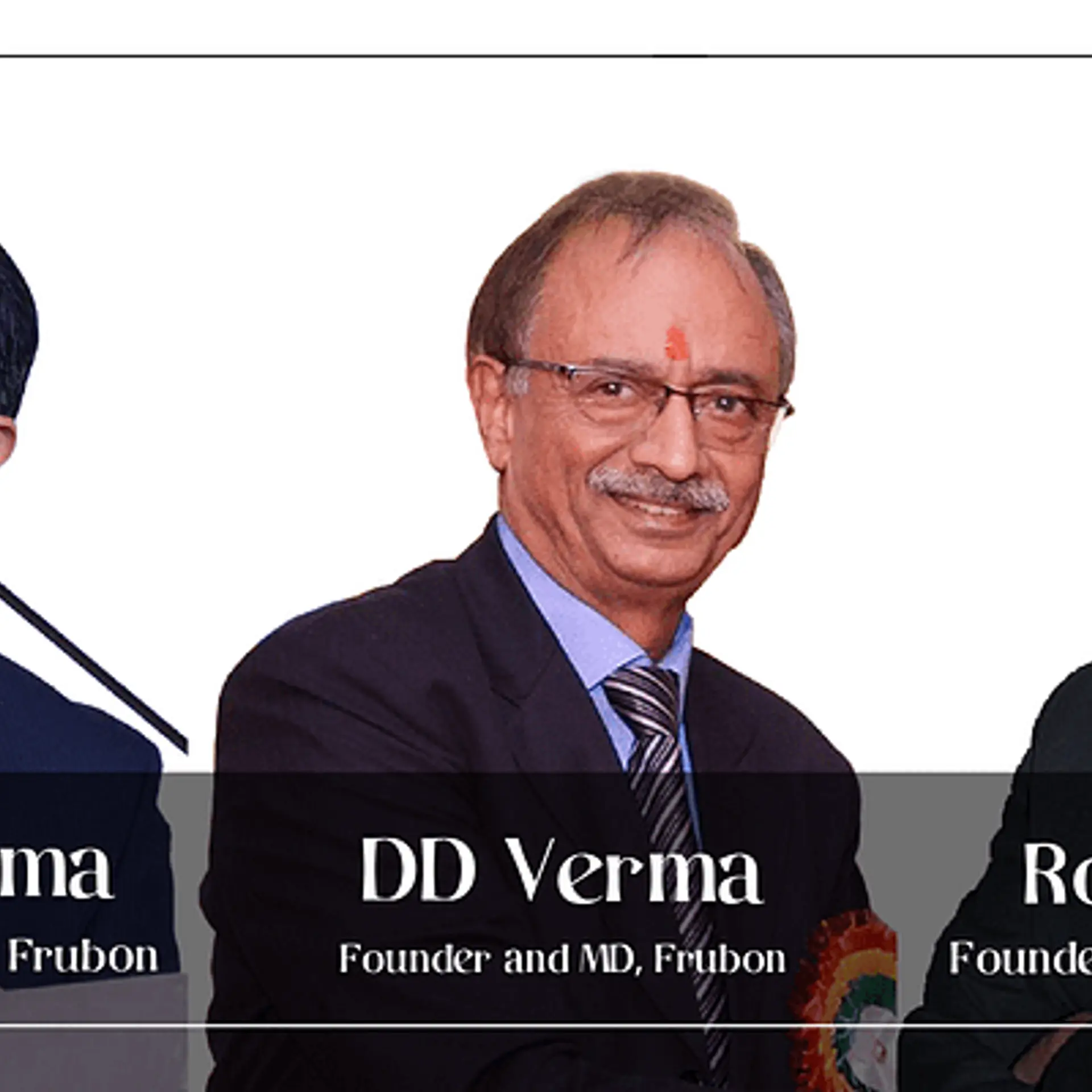10 small-town businesses that are now multi-crore brands in India
With a penchant for risk and a sound business idea in hand, an entrepreneur can create success from anywhere. Here’s a list of entrepreneurs who started from a small city and built multi-crore businesses.

A remarkable journey begins with a small step. There are entrepreneurs who took forward their family legacy and made a big name in the business ecosystem. There are also many businesspeople who invested in heaps to gain high returns. Some business tycoons also made a mark starting businesses in the big cities.
However, there are some entrepreneurs, who have clearly shown that location does not matter as long your business idea is sound.
SMBStory has drawn up a list of business entrepreneurs who started from a small-town India to build a multi-crore brand.
Mysore Deep Perfumery House

Ankit Agrawal (left), Director and Partner, MDPH, and Anshul Agarwal (right), Partner, MDPH
Even seven years after Prakash Agrawal quit his sales assistant job at a textiles store in Indore, he couldn't find success as an entrepreneur. His attempts at manufacturing and selling soaps, detergents, and hair oils all proved to be unsuccessful.
Prakash’s mother didn’t want him to continue manufacturing and failing. The family had limited means, and she always wanted her son to pursue a stable job in the textile shop. But he was adamant and wanted to stick to entrepreneurship.
One fine day in 1992, Prakash’s mother told him that as he couldn’t succeed as a manufacturer, he should become a distributor for any established agarbatti (incense sticks) brand.
He took this as a challenge instead – wanting to prove his mother wrong by becoming a successful manufacturer. But even Prakash had to admit that agarbatti was a good idea. The Indian market for agarbatti was flourishing in the 90s on the back of a swelling demand.
Speaking to SMBStory, his son Ankit Agrawal said:
“My father did not have any capital. In 1992, he borrowed Rs 5 lakh from some relatives to start an agarbatti manufacturing business Mysore Deep Perfumery House (MDPH) and agarbatti brand Purab Paschim Uttar Dakshin. His younger brothers Shyam and Raj Kumar joined him in the effort.”
And so, Prakash and his brothers began making agarbattis out of a small garage in their Indore house. His mother joined to supervise the labour and production processes.
“Today, the company has four manufacturing units in Indore with a cumulative floor space of 6.5 lakh square feet. The third unit we set up, in 2018, is the world’s largest raw agarbatti manufacturing unit and has more than 550 machines. More than 2,000 workers are involved in the manufacturing process across our units, out of which 75 percent are women,” Ankit says.
Red Chief
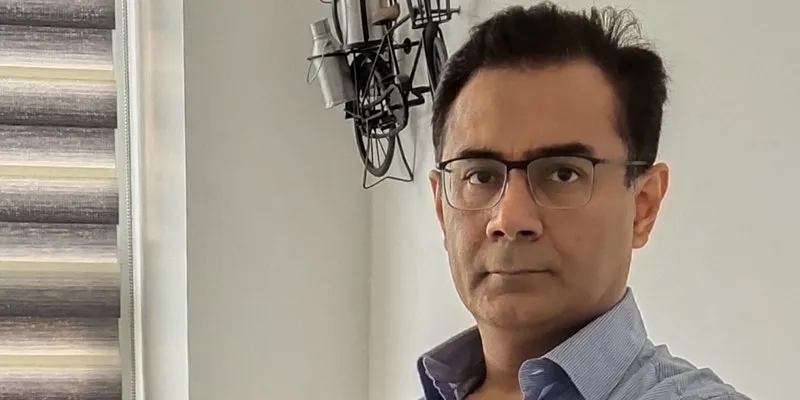
Manoj Gyanchandani, Founder, Red Chief
Manoj Gyanchandani started a leather shoe export business in his early 20s while he was also involved in his family’s business.
In 1995, he set up Leayan Global Private Limited to export leather shoes to Europe. However, two years later, Manoj realised that the Indian footwear market isn’t organised in the leather shoe sector.
Thus, wrapping up the export business, he studied the market to incept a business to do so. In 1997, he launched Red Chief brand under the parent company Leayan Global Private Limited, which is a part of Rs 5,500 crore diversified conglomerate RSPL.
In an interaction with SMBStory, Manoj says,
“There were no good quality men’s shoe available at an affordable price and so, I decided to launch my own footwear brand, bootstrapping capital from the profits of the existing family business.”
Initially, Manoj decided to set a firm foot in Kanpur itself. He started by showcasing products in multi-branded outlets across the city. This continued till 2010 when Red Chief expanded to multi-branded outlets in other different states.
In 2011, the entrepreneur launched the first exclusive Red Chief outlet in Kanpur. Since then, there has been no looking back.
Solar Industries

Satyanarayan Nandlal Nuwal, Founder, Solar Industries
Here’s the story of Satyanarayan Nandlal Nuwal, a 67-year-old entrepreneur who laboured under a lot of struggles when he started his business journey in the 1970s. Little did he know that over the years his company, Solar Industries, would become one of the leading manufacturers of explosives and detonators, and will get a licence from the government to make explosives for India’s Armed Forces.
“I belong to a small village in Rajasthan. I dropped out of school when I was in Class X to find my luck in the business. But, at that time, I was too innocent to understand that business is gruelling at times. I tried my hand at many things, including a leasing business and a transport company, but everything failed,” he recalls.
Satyanarayan then moved to Nagpur to work with a relative. He didn’t have enough money to rent out a house and spent his initial nights in the big city sleeping in the railway station.
But the dark clouds soon parted after months of struggle when Satyanarayan got a licence to trade explosives and a warehouse to store them, paying a monthly fee of Rs 1,000 rupees to the licence holder.
In 1995, he made modest efforts to found Solar Industries in Nagpur, first as an explosives trading business and, a year later, a manufacturer of the same from a small plant. To set up the unit, Satyanarayan invested a capital of Rs 1 crore.
Solar Industries went public in 2006 and in FY19, the company clocked a revenue of Rs 2,461.6 crore.
Malabar Golds & Diamonds
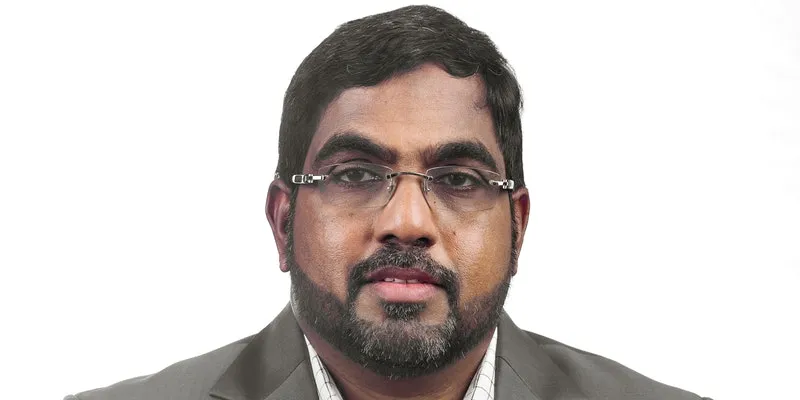
MP Ahammed, Founder, Malabar Gold & Diamonds
One of the secrets to success is doing common things uncommonly well, and 62-year-old MP Ahammed, Founder of Malabar Gold & Diamonds, is an epitome of this adage.
Born into a family of merchants and landlords, Ahammed began his entrepreneurial odyssey at the age of 20 by setting up a spice trade venture in 1979. He used to trade cardamom, pepper, and coconut to the retailers of Kozhikode in Kerala. However, he soon realised that the trading business will not become big.
In an interaction with SMBStory, KP Narayanan, Media and Marketing Head of Malabar Gold & Diamonds, said,
“At a very young age and just being a school pass-out, MP Ahammed imbibed rare and precious business lessons that no top management institute could have imparted in a classroom. However, he wasn’t settling for the same and wanted to do something bigger.”
Sharing one of the episodes from Ahammed’s life, Narayanan says that in the early years of his business journey, a retailer in Mumbai owed a hefty payment to Ahammed. However, due to a financial crunch, he was unable to clear the dues and was planning to shut his business. The retailer promised Ahammed that he would repay the dues by selling his brand.
The episode was very overwhelming for Ahammed but it was also a cognitive one. He discovered the value of forming a brand and soon he realised that he needed to form one of his own. But not in the spice business. He took a leap in an altogether different journey…
Loom Solar

Amol Anand (L) and Amod Anand (R), Cofounders, Loom Solar
During her Budget speech on February 1, Finance Minister Nirmala Sitharaman laid out a roadmap to revive the country’s economy, counter the economic slowdown, and outlined a slew of measures aimed at fulfilling the aspirations of all Indians. And, among the measures was a strong emphasis on the solar power industry of India.
The Budget for 2020-21 allocates Rs 2,516 crore for the solar power sector, including both grid-interactive and off-grid projects. This thrust and increased need to look at renewable power sources propelled brothers Amod Anand and Amol Anand to make a disruptive start in the solar power sector.
The brothers launched in 2018 in Faridabad, which, in the span of just a year, generated a Rs 25 crore turnover in the financial year 2019.
The company has installed 3,500 kW solar panels in 9,000 Indian homes since its inception, creating around 4.2 million units of electricity from solar panels and 99,000 tonnes reduction in carbon dioxide emission, which is equivalent to planting 1,58,000 trees.
In January, Loom Solar won the title of fastest-growing SMB at Amazon Sambhav.
Chamundi Agarbatthi
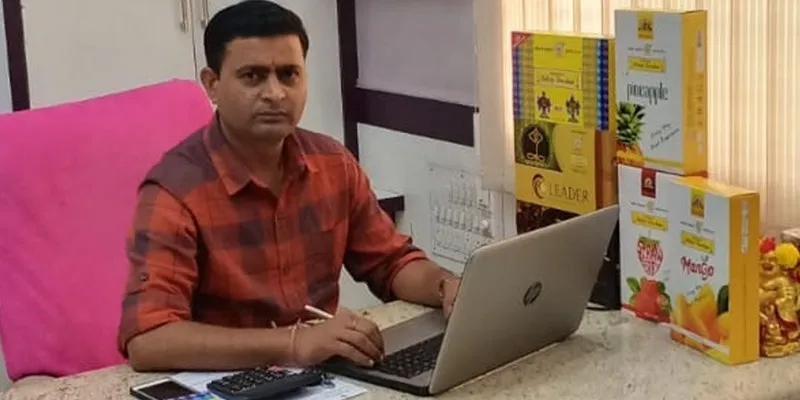
Kantilal Parmar, Founder, Chamundi Agarbathi
Small-town people dream big with open eyes. Kantilal Parmar also had big dreams when his brother moved from Jalore, Rajasthan, to Bengaluru, Karnataka, to work with their father’s friend in an agarbatti trading firm.
"My elder brother moved to Bengaluru with my uncle (father’s friend) to start working. I was studying at that time in Jalore. After completing my schooling, I also came down to help him. Though we were working, we had dreams of doing something big at some time,” Kantilal Parmar, 40, told SMBStory.
Kantilal’s brother initially had rotogravure printing work, where he used to print packages for various agarbatti manufacturers. Later, in 2003, both the brothers branched out by trading in the raw materials used for agarbatti manufacturing.
"We used to trade raw materials like perfume, packaging material, and more used for manufacturing agarbatti. We continued the same work for around seven years after which we decided to open our own manufacturing unit and scale up rather than just continue trading.”
In 2009, deploying capital from personal savings and taking a loan against property, Kantilal started an agarbatti manufacturing unit in a 1,200 sqft space with around Rs 15 lakh. Now, they have grown it into a Rs 20 crore company.
Highflow Industries

Sumit Jaiswal, Founder, Highflow Industries
Long before the electric vehicle (EV) revolution and the advent of lithium ion batteries, Om Prakash Jaiswal used to sell rubber containers and plates to Indian battery companies.
His small business, Om Engineering Works, was started in 1987. It operated out of a shop in Faizabad, Uttar Pradesh.
With the passing years, Om Prakash felt there was a big opportunity in producing batteries. So, in 2000, the company started making lead acid batteries, and five years later, began smelting and recycling them. The batteries found applications in household electronics, solar devices, and automobiles.
His son Sumit Jaiswal, who has since taken over, told SMBStory,
"We initially had a capacity of making 20 batteries a day. After breakthroughs in e-rickshaw and solar battery manufacturing, we grew at a fast rate, propelling us to our present capacity of three hundred batteries per day."
In 2014, the company changed its name to Highflow Industries. Today, it makes lead acid batteries for inverters, solar panels, e-rickshaws, two wheelers, cars, tractors, heavy vehicles, and more.
Sumit said he's invested Rs 10 crore in the business so far, and claimed an annual revenue of Rs 25 crore.
Hosachiguru

Ashok J, Co-founder, Hosachiguru
After working in the IT sector for over a decade, Ashok J and Sriram Chitlur were planning for their retirement goals in their mid-30s. They were on a lookout for an opportunity to make a difference while remaining connected to nature.
In 2008, they were curious about starting sandalwood cultivation after the government's move to liberalise it.
They began searching for land and travelled to rural communities on weekends to procure it. After two years of toil, they acquired land and began the cultivation of sandalwood in Rayadurg, Andhra Pradesh.
In an interaction with SMBStory, Srinath Setty, who joined the duo in 2014 to direct their sales and customer support, said,
“Ashok and Sriram love nature. Earlier, when they were thinking for their retirement they caught hold of farming as a great opportunity. They not only wanted to grow more trees, but also help those who wanted to enter into farming.”
believes in focusing on agro-forestry, and there are two ways individuals can engage with them. Firstly, people who want to purchase farmland can buy from Hosachiguru with the options of developing on their own or with the help of the company. Secondly, individuals can also go for development and management of existing farmland (provided it has a scale of 50+ acres and the landowner is willing to bring in the resources to set up a commercially viable agro-forestry project.)
The idea became prominent among the people and in just five years, Hosachiguru captured 18 projects spread across 800 acres of farmlands of sandalwood, mahogany, and melia dubia. The company clocks a turnover of Rs 20 crore annually.
RV Enterprises
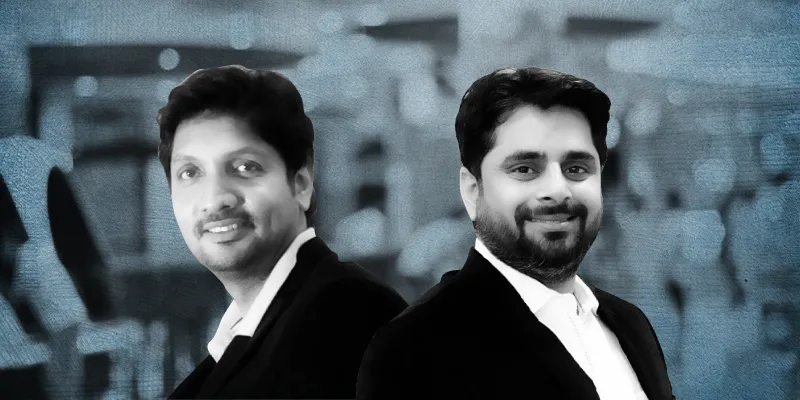
RV Enterprises founders Vickram Singh (left) and Ramesh Rao (right)
Artwork and handicrafts were a big part of Vickram Singh’s life in Bera, a village in Rajasthan famous for its leopards and panthers. Growing up, he admired the skill local households put into making handcrafts.
It took some years for him to notice the villagers who made handicrafts were not benefitting from sales. Profits largely went to traders and other middlemen who the villagers relied on to take the products to market.
“Looking at this situation, I understood that the problem existed in several other parts of the country. I saw a potential opportunity for creating an international B2B marketplace—one where small-time manufacturers, factory owners, and MSMEs could sell globally without going through middlemen,” Vickram, who is an MBA graduate from Christ University in Bengaluru, told SMBStory.
Vickram went on to work in a range of corporate and startup roles before he quit his job and took the entrepreneurial plunge. Ramesh Rao, a banking expert and also an MBA graduate from Rajasthan, joined Vickram in taking the leap.
In 2016, the duo started RV Enterprises in Bengaluru with their savings of Rs 25 lakh. Vickram and Ramesh decided to test the idea by piloting one material: granite.
India is a major exporter of granite, and RV Enterprises capitalised on this and brought the business online.
The company built a website that organises and makes transparent the details of the granite products and suppliers.
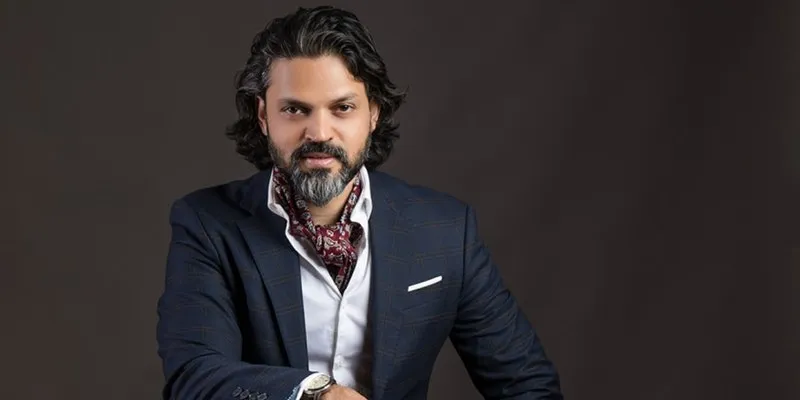
Umar Akhter, CEO, Koskii
Umar Akhter was just a 16-year-old when hard times fell upon his father, Saifulla Akhter, a Bengaluru-based distributor who would buy sarees from manufacturers to sell to retailers.
In a conversation with SMBStory, Umar said, “We used to live in a small house and our father used to do business from home as we had no shop. I remember after coming back from school, I used to go to the market with my father on the back of his scooter, carrying a huge box of sarees.”
Umar, eldest of six children, recalled his father selling sarees to retailers located in Bengaluru and Hyderabad, with the latter holding the major share. But, one bad day changed their lives.
Due to some issues in Hyderabad, the city’s retailers shut shop and Saifulla’s payment of around Rs 8 lakh was stuck.
“We didn’t have money to pay the debt because the stock was sold in credit to Hyderabad retailers and the people whom we took credit began harassing us,” Umar added.
It was a tough time for Umar and his family and they refused to continue the wholesale business on credit again. One day, they heard that a small businessman from Kolar was selling his shop at a meager amount and inspiration struck.
How would it be if they could sell sarees from their own retail store and clear the market debt?
However, they needed one crucial ingredient – funds.
(Edited by Evelyn Ratnakumar)






